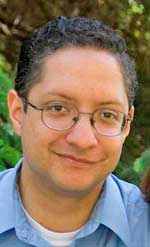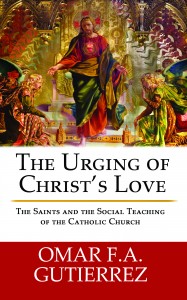Podcast: Play in new window | Download (Duration: 27:59 — 25.6MB) | Embed Subscribe: Apple Podcasts | Spotify | Amazon Music | Android | Pandora | iHeartRadio | JioSaavn | Podchaser | Gaana | Podcast Index | Email | TuneIn | Deezer | Anghami | RSS | More

Episode 2 – Regnum Novum: Bringing forth the New Evangelization through Catholic Social Teaching with Omar Guiterrez – Introduction and Value # 2 – Communion not opposition
 From episode … 2. Communion not opposition
From episode … 2. Communion not opposition
As I say in some of my posts, there is a spirit of opposition in a good deal of the social work that happens today. The corruption of workers’ unions is one of the great tragedies of our day. Imagine what great work they could do on top of the many achievements they’ve made. But they do not universally do great work because they are caught up in the oppositionist paradigms that make integral human development impossible.
True social justice requires that we drop these paradigms of opposition: management vs. labor; bourgeois vs. proletariat; state vs. individual. We own the great Catholic both/and. It applies to the Social Teaching of the Catholic Church more than ever.
 Omar F. A. Guiterrez, M.A. , Special Assistant to Archbishop George Lucas of the Archdiocese of Omaha. He’s also the author of “The Urging of Christ’s Love: The Saints and The Social Teaching of the Catholic”
Omar F. A. Guiterrez, M.A. , Special Assistant to Archbishop George Lucas of the Archdiocese of Omaha. He’s also the author of “The Urging of Christ’s Love: The Saints and The Social Teaching of the Catholic”
Also visit Omar’s “Discerning Hearts” page Catholic Social Teaching 101





